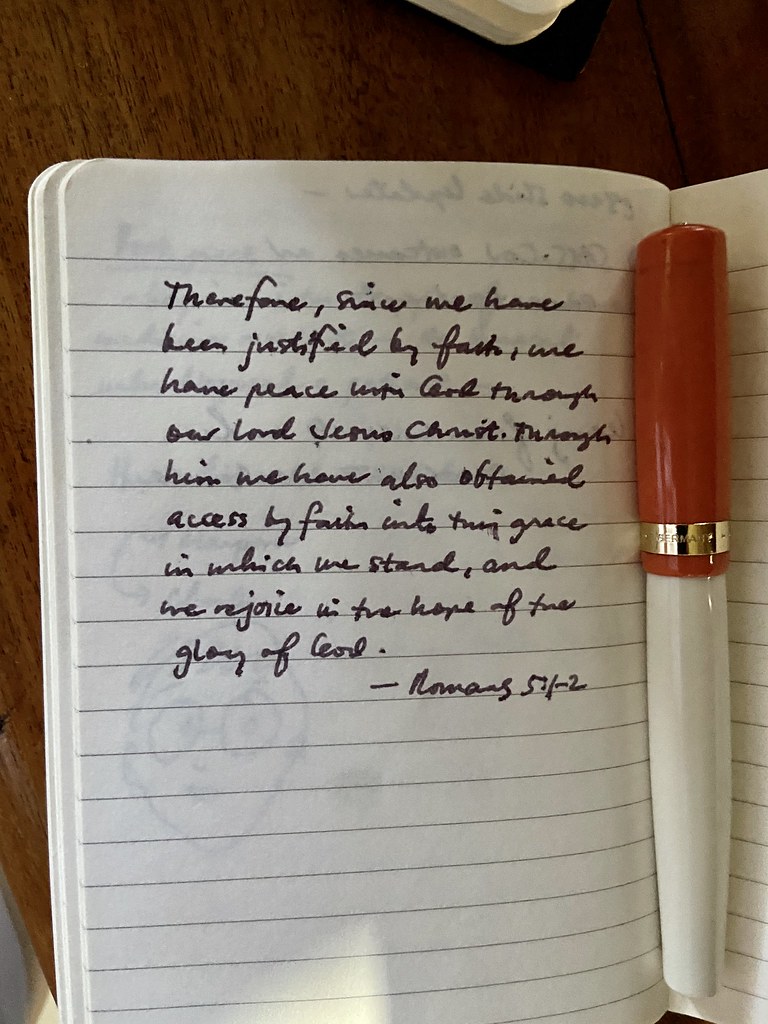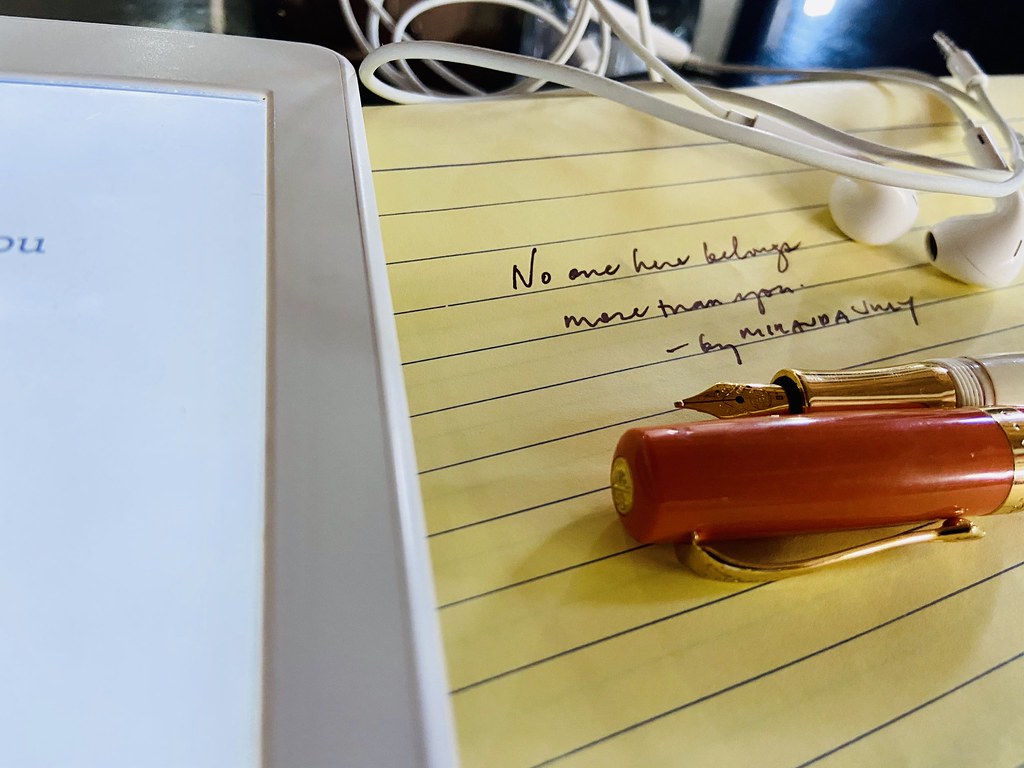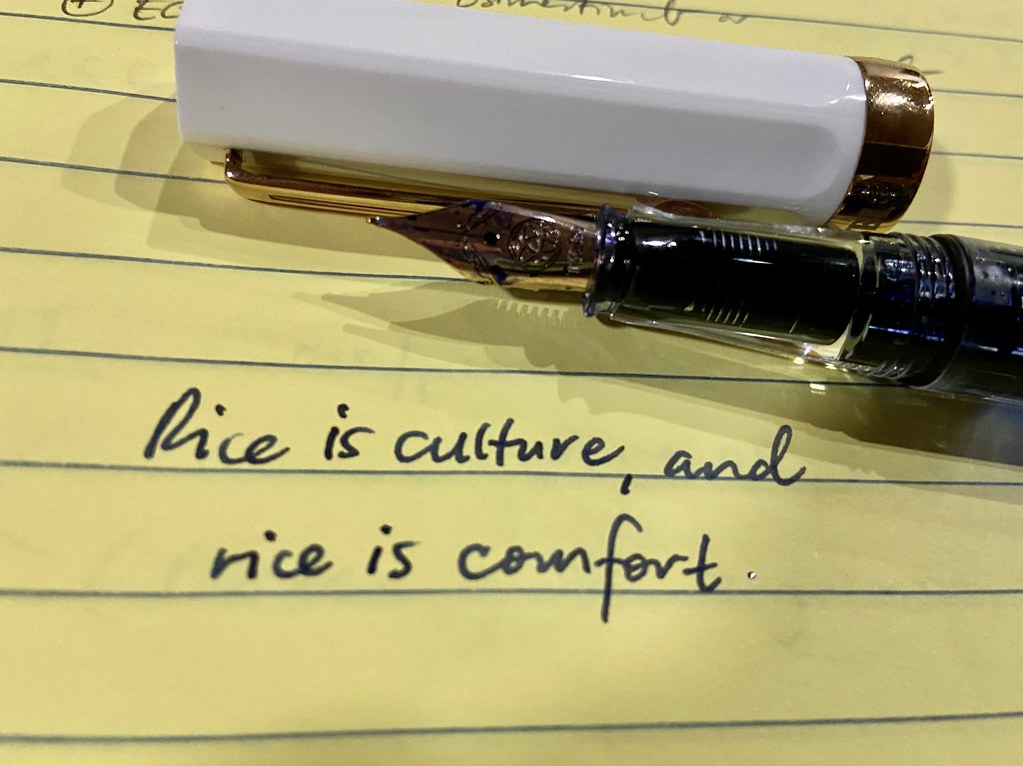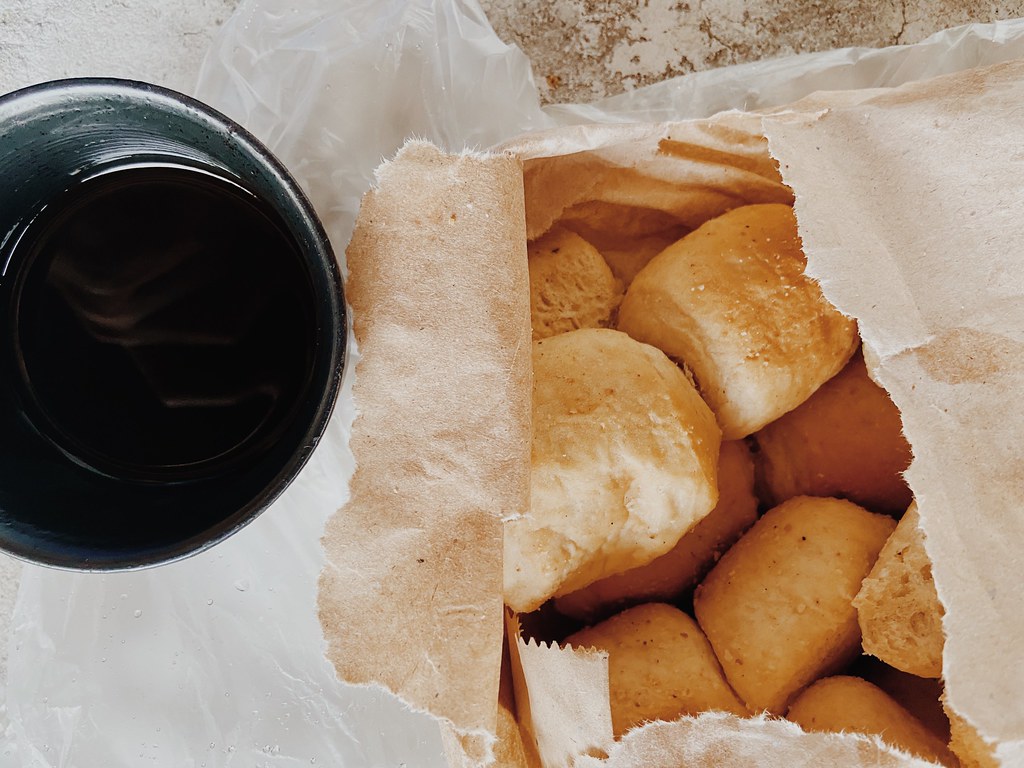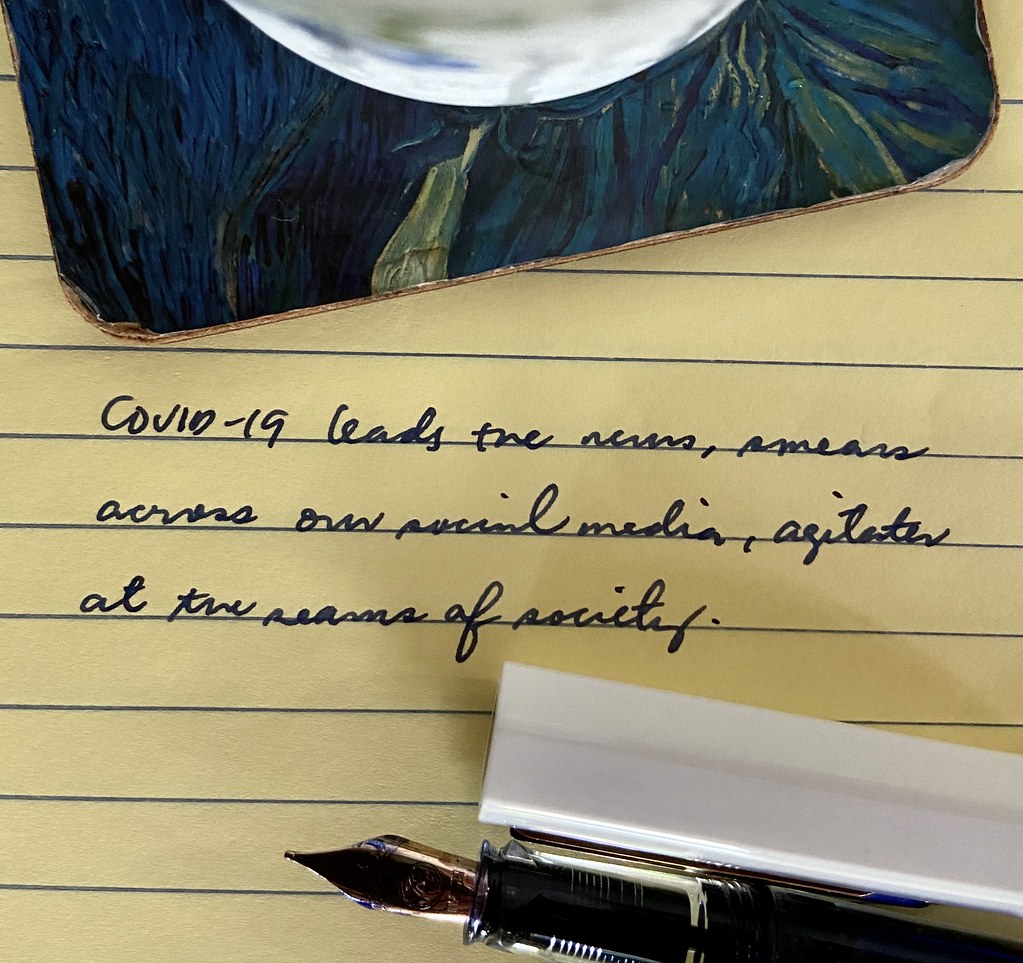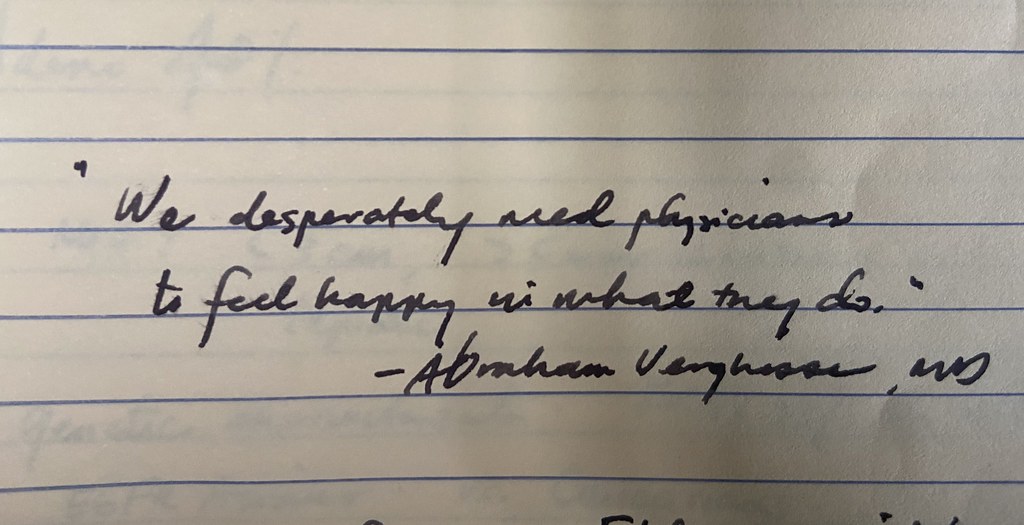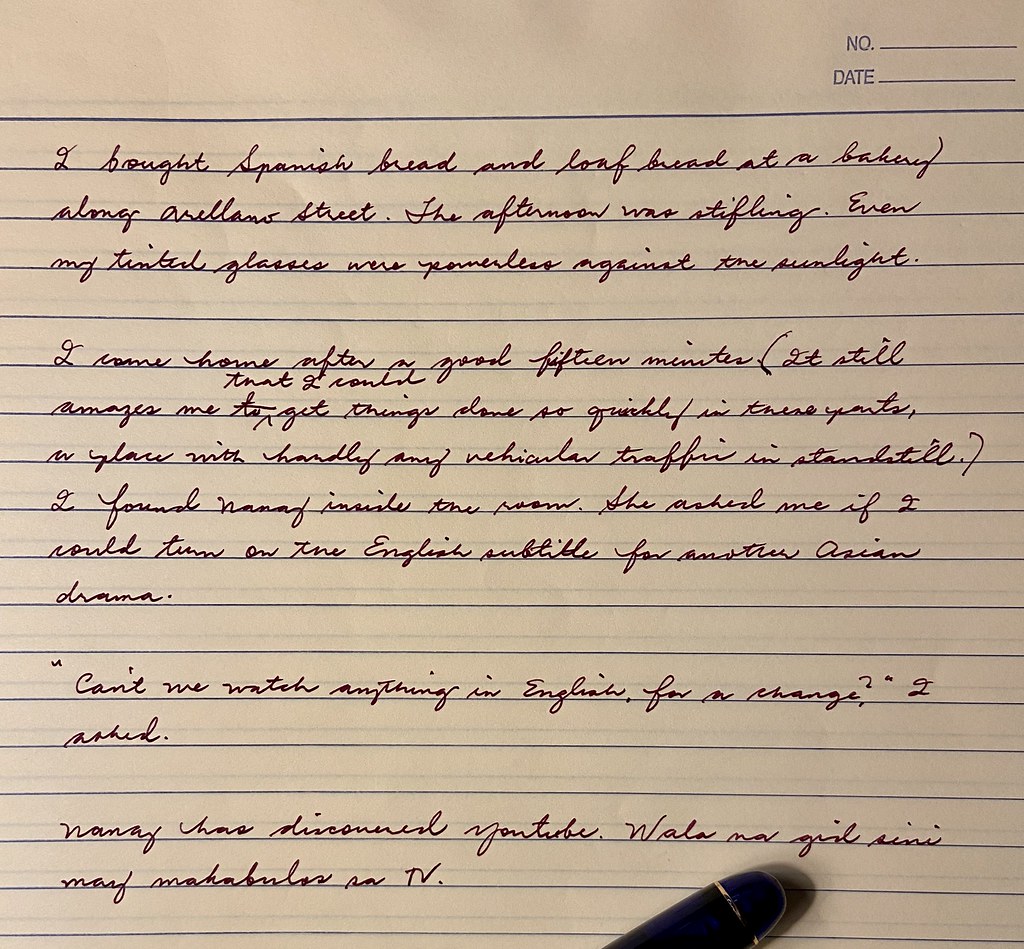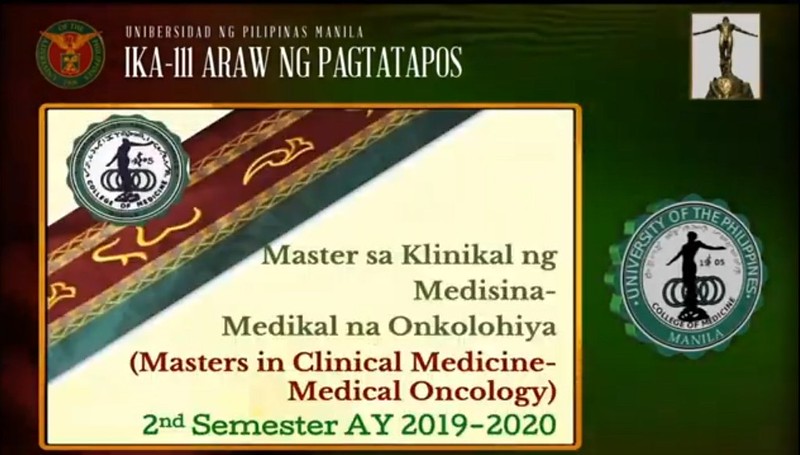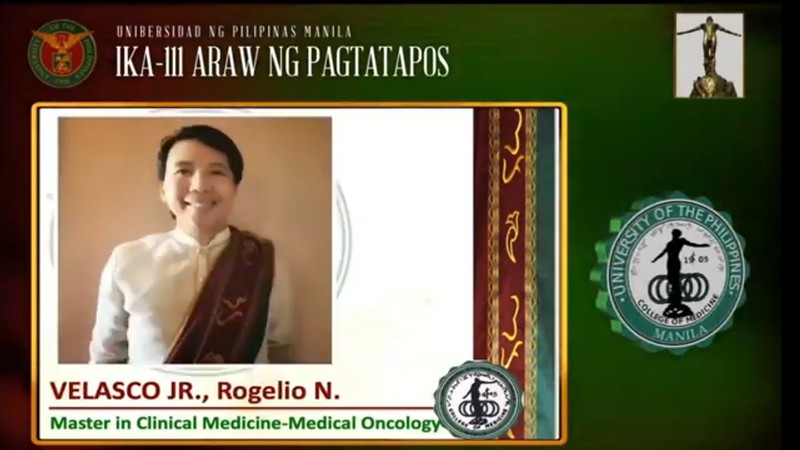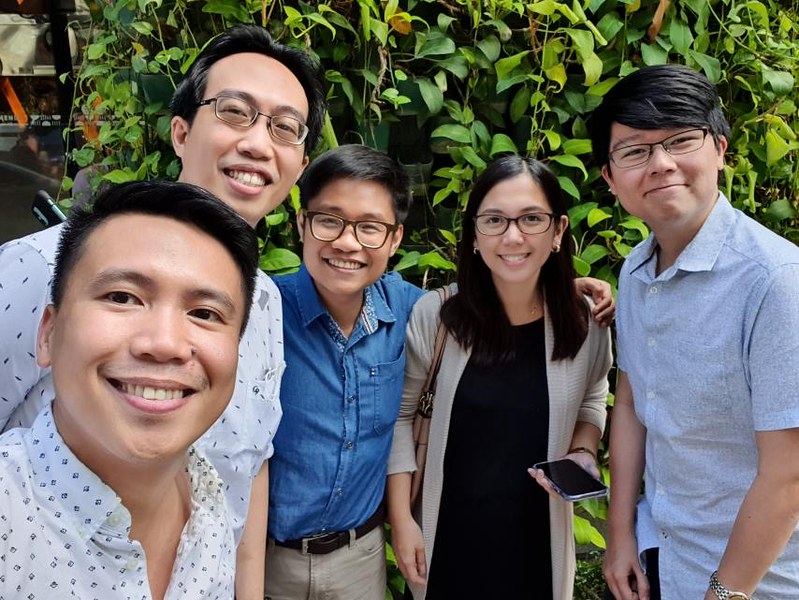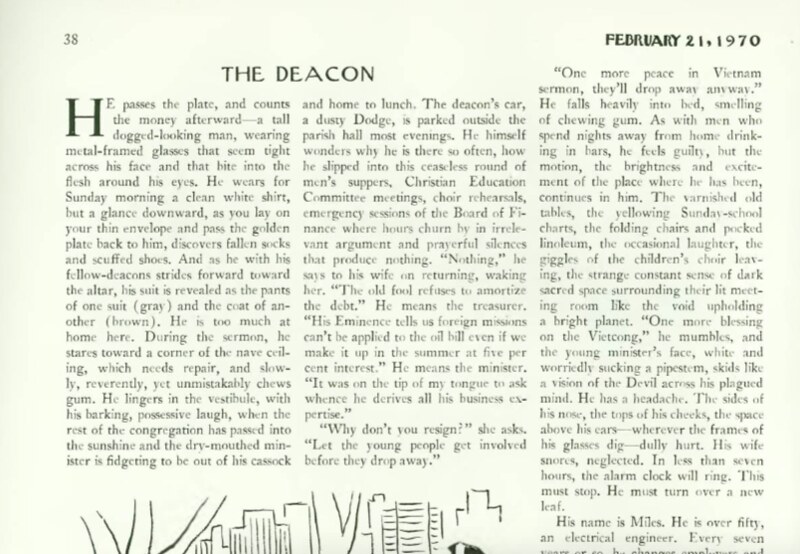These are some verses we will be discussing in tonight's Bible study. I'm posting them here for our encouragement.
Daniel 4:35
All the peoples of the earth
are regarded as nothing.
He does as he pleases
with the powers of heaven
and the peoples of the earth.
No one can hold back his hand
or say to him: “What have you done?”
Psalm 47:2
For the Lord Most High is awesome,
the great King over all the earth.
Psalm 83:18
Let them know that you, whose name is the Lord—
that you alone are the Most High over all the earth.
Genesis 14:19
and he blessed Abram, saying,
“Blessed be Abram by God Most High,
Creator of heaven and earth.
Isaiah 37:16
16 “Lord Almighty, the God of Israel, enthroned between the cherubim, you alone are God over all the kingdoms of the earth. You have made heaven and earth
2 Chron. 20:6
and said:
“Lord, the God of our ancestors, are you not the God who is in heaven? You rule over all the kingdoms of the nations. Power and might are in your hand, and no one can withstand you.
Isa. 43:13
Yes, and from ancient days I am he.
No one can deliver out of my hand.
When I act, who can reverse it?”
Eph. 1:11
In him we were also chosen,[a] having been predestined according to the plan of him who works out everything in conformity with the purpose of his will,
Isa. 14:17
the man who made the world a wilderness,
who overthrew its cities
and would not let his captives go home?”
Rev. 19:6
Then I heard what sounded like a great multitude, like the roar of rushing waters and like loud peals of thunder, shouting:
“Hallelujah!
For our Lord God Almighty reigns.
Rom. 9:18-22
Therefore God has mercy on whom he wants to have mercy, and he hardens whom he wants to harden.
One of you will say to me: “Then why does God still blame us? For who is able to resist his will?” But who are you, a human being, to talk back to God? “Shall what is formed say to the one who formed it, ‘Why did you make me like this?’” Does not the potter have the right to make out of the same lump of clay some pottery for special purposes and some for common use?
What if God, although choosing to show his wrath and make his power known, bore with great patience the objects of his wrath—prepared for destruction?
Prov. 16:9
In their hearts humans plan their course,
but the Lord establishes their steps.
Prov. 19:21
Many are the plans in a person’s heart,
but it is the Lord’s purpose that prevails.
Prov. 21:1
In the Lord’s hand the king’s heart is a stream of water
that he channels toward all who please him.
Ezra 1:1
In the first year of Cyrus king of Persia, in order to fulfill the word of the Lord spoken by Jeremiah, the Lord moved the heart of Cyrus king of Persia to m
James 4:13-15
Now listen, you who say, “Today or tomorrow we will go to this or that city, spend a year there, carry on business and make money.” Why, you do not even know what will happen tomorrow. What is your life? You are a mist that appears for a little while and then vanishes. Instead, you ought to say, “If it is the Lord’s will, we will live and do this or that.”
Phil. 4:6
Do not be anxious about anything, but in every situation, by prayer and petition, with thanksgiving, present your requests to God.
Col. 4:2
Devote yourselves to prayer, being watchful and thankful.
Eph. 6:18
And pray in the Spirit on all occasions with all kinds of prayers and requests. With this in mind, be alert and always keep on praying for all the Lord’s people.
Luke 18:1
Then Jesus told his disciples a parable to show them that they should always pray and not give up.
1 Thes. 5:17
pray continually
Rom. 12:12
Be joyful in hope, patient in affliction, faithful in prayer.
Ps. 57:2
I cry out to God Most High,
to God, who vindicates me.
Labels: faith


